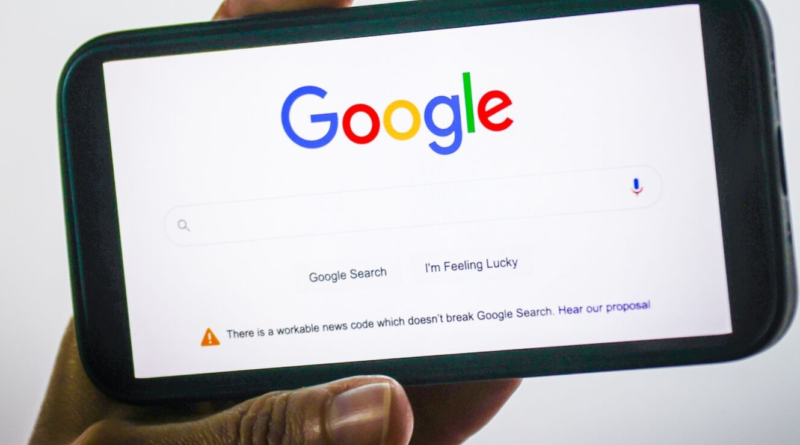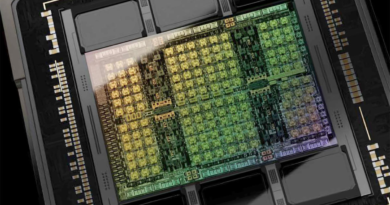Google Settles AI-Chip Suit That Had Sought Over $5 Billion (1) – Bloomberg Law
Connecting decision makers to a dynamic network of information, people and ideas, Bloomberg quickly and accurately delivers business and financial information, news and insight around the world.
Americas+1 212 318 2000
EMEA+44 20 7330 7500
Asia Pacific+65 6212 1000
Connecting decision makers to a dynamic network of information, people and ideas, Bloomberg quickly and accurately delivers business and financial information, news and insight around the world.
Americas+1 212 318 2000
EMEA+44 20 7330 7500
Asia Pacific+65 6212 1000
By Laurel Brubaker Calkins
Singular Computing LLC, founded by computer pioneer Joseph Bates, told jurors in the US District Court for the District of Massachusetts that Google avoided building roughly $10 billion in data centers by utilizing his patented technology without permission. Following two weeks of trial, as the parties were set to deliver closing arguments, early Wednesday they filed a joint motion to stay the case as they finalize a settlement.
Bates had claimed that revolutionary computer architecture developed by Singular in 2009 opened the door to widespread use of artificial intelligence, cloud computing, and other advanced software programs that require millions of calculations per request. Singular has said Bates’ patented design rearranges microprocessors so they execute commands hundreds of times faster than previous designs, enabling huge gains in computing power at significant cost savings.
Singular sued Google in 2019, claiming the tech giant “copied and adopted” its idea after Bates disclosed the patented computer architecture in at least three confidential meetings and written presentations with Google executives prior to May 2017, when Google rolled out its Cloud Tensor Processing Unit Version 2, or TPUv2 Device. This technology and a successor version, TPUv3, are integrated in Google’s 11 data centers and power its Translate, Photos, Search, Assistant, Cloud and Gmail products, Singular said.
Google “leverages public engagement with these services to enhance its Ads platform” Singular said in court filings. It said this generates for Google “at least tens of billions of dollars per year in profit.”
Jurors were told the tremendous increase in computing power Bates’ architecture enabled let Google avoid building additional expensive data centers to handle servers offering its new array of services. Singular said Google projected in 2017 it would need to “at least double its number of data centers in the US at a cost of at least $10 billion to accommodate increased demand,” according to court records.
Before trial began Jan. 8, Judge F. Dennis Saylor IV—who presided over the case—forbade Google from accessing its “vast quantities” of user data to research jurors, access their social media accounts, or look up any relevant public records that might provide insights into the jury’s thinking. Googling jurors would be an “unwarranted (and asymmetrical) invasion” of their privacy and give the tech giant an unfair advantage over its significantly smaller opponent in the litigation, the judge said.
“We are pleased to have this matter resolved,” José Castañeda, a Google spokesperson, said in an emailed statement. “We have always taken our disclosure obligations seriously, and we will continue to do so.”
Google’s attorneys referred all questions to the company. Singular Computing’s lawyer’s didn’t immediately respond to requests for comment.
Singular is represented by Prince Lobel Tye LLP and Sunstein LLP.
Google is represented by Wolf Greenfield & Sacks PC, Keker Van Nest & Peters LLP, Kwun Bhansali Lazarus LLP, Paul Hastings LLP, and Munger Tolles & Olson LLP.
The case is Singular Computing LLC v. Google LLC, D. Mass., 1:19-cv-12551, joint motion to stay pending settlement 1/24/24.
— With assistance from
To contact the reporter on this story:
To contact the editors responsible for this story:
AI-powered legal analytics, workflow tools and premium legal & business news.
Log in to keep reading or access research tools.

